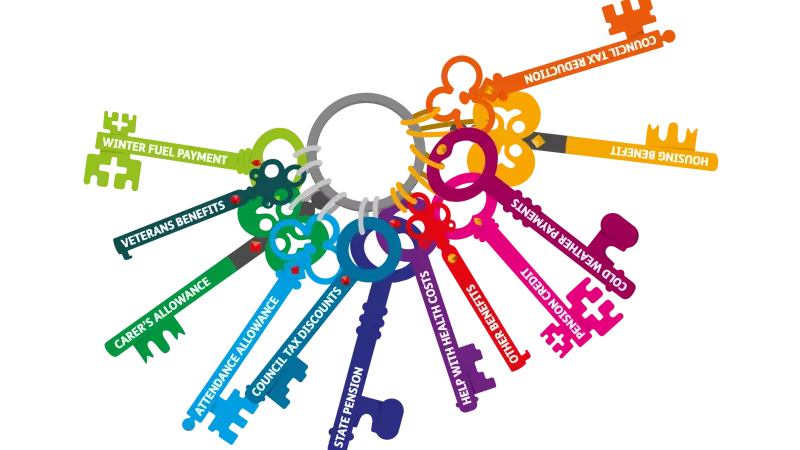Blog: Maintaining the Triple Lock is vital for people of all ages

Today’s welcome 8.5% rise in the State Pension comes about thanks to the triple lock – a measure which guarantees the value of the State Pension isn’t overtaken by inflation or by wage growth and isn’t devalued to the detriment of all pensioners.
Recently there have been suggestions that the triple lock might not be kept in place for much longer, although the Chancellor, Jeremy Hunt, has rejected those claims and pledged to maintain it.
For older people in Scotland the triple lock is a vital tool that supports hundreds of thousands of pensioners who relay on the State Pension for all or most of their income. Without it, older people on low or modest incomes would become progressively worse off and forced in poverty in later life. It must be robustly maintained.
This isn’t just an issue for older people. It should be a red line for younger people too. Any erosion of the State Pension will have a huge impact on people of working age when they retire. Final salary pensions are fast becoming a thing of the past, making the State Pension perhaps the most significant part of their finances for many people once they retire.
We know that already many over 50s are unsure if they have enough money to live comfortably in retirement. Escalating costs and lack of adequate pension provision could lead to a serious pension income crisis in the future.
For example, our Big Survey found that 27% of respondents aged between 55 and 59 are cutting back on saving for retirement because of the ongoing cost of living crisis, and this could have a damaging impact on when people can retire and how well they live in later life.
Both the UK and Scottish governments should be doing more to support employees of all ages in planning and saving for retirement, including regular and early access to information and advice about their pension savings.
We would also encourage people to sign up for an Age Scotland Planning for your Future workshop, which can help people make informed decisions about work and retirement.


